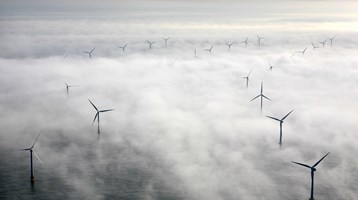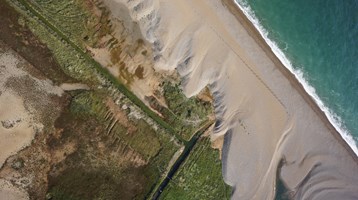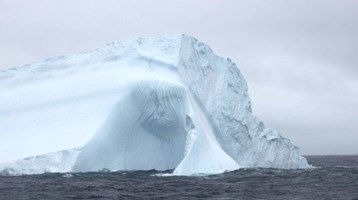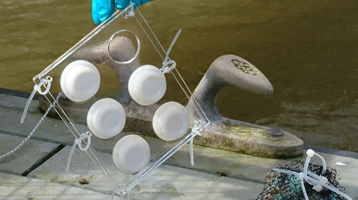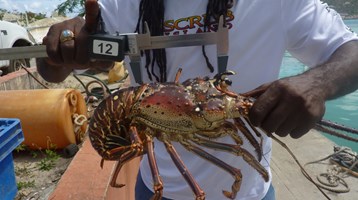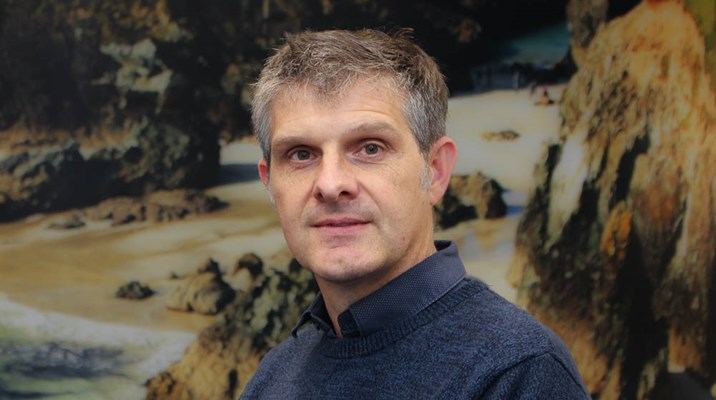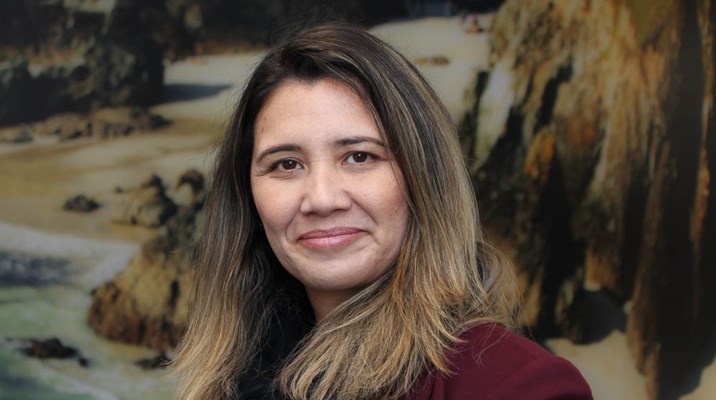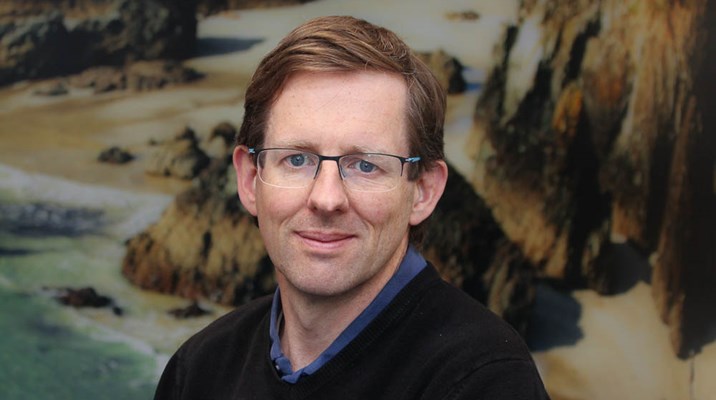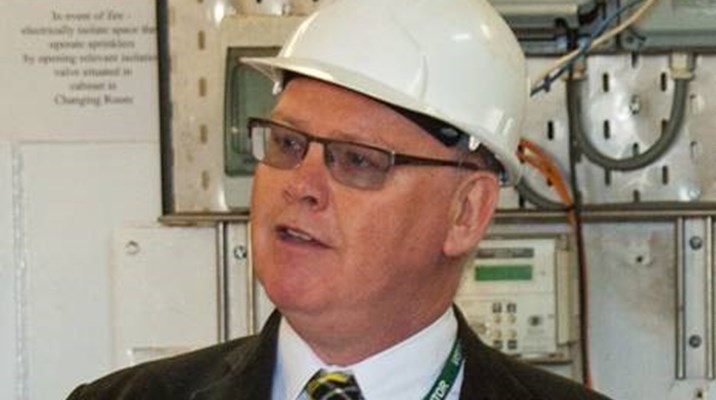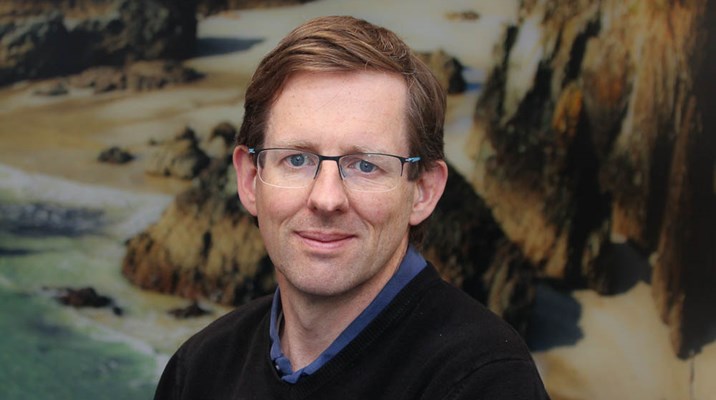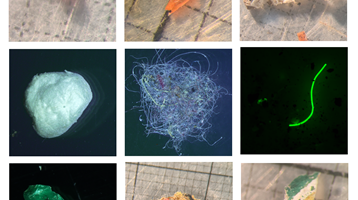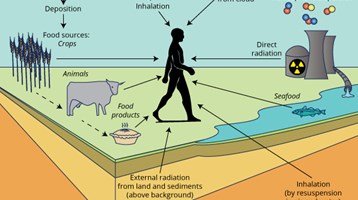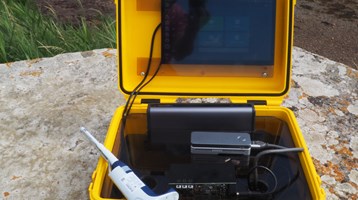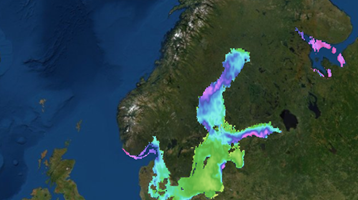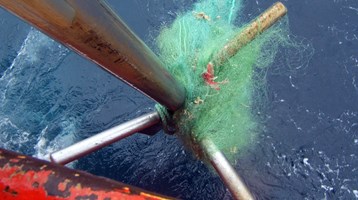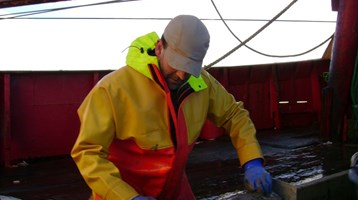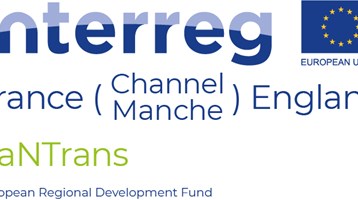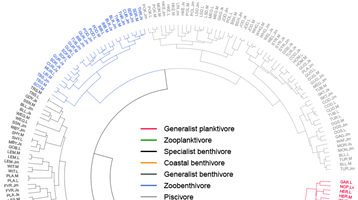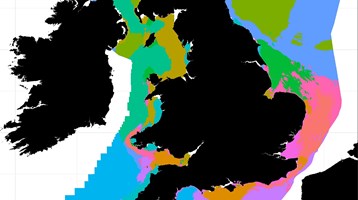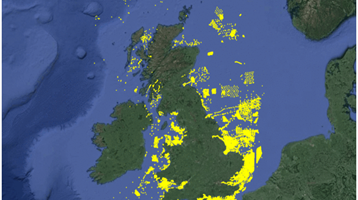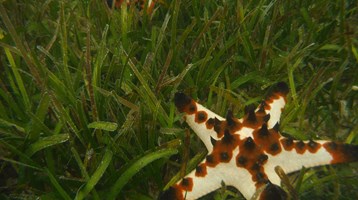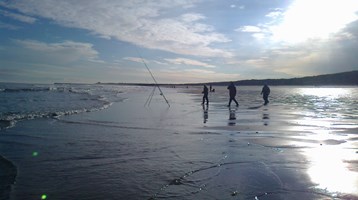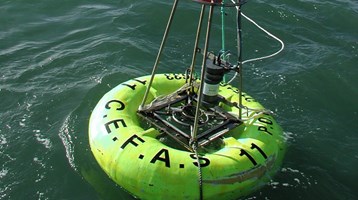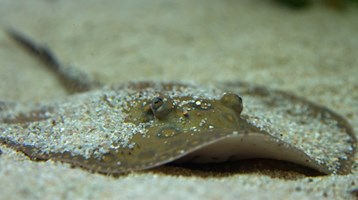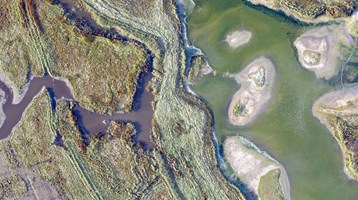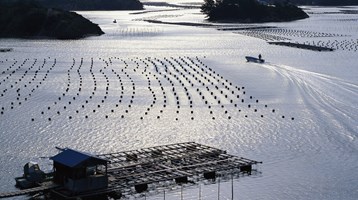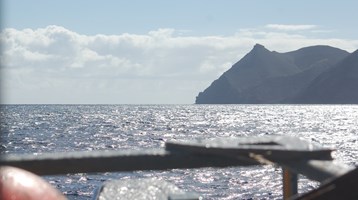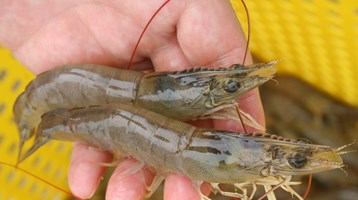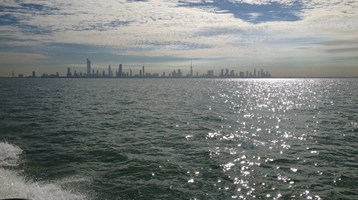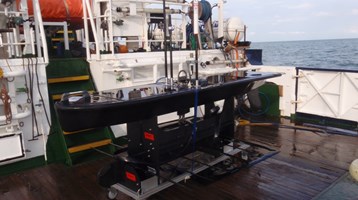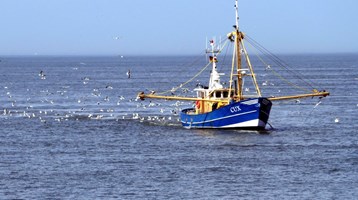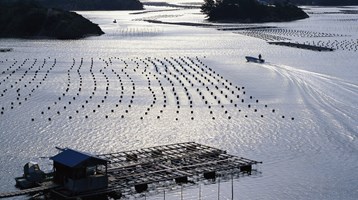Providing Advice for Offshore Renewables
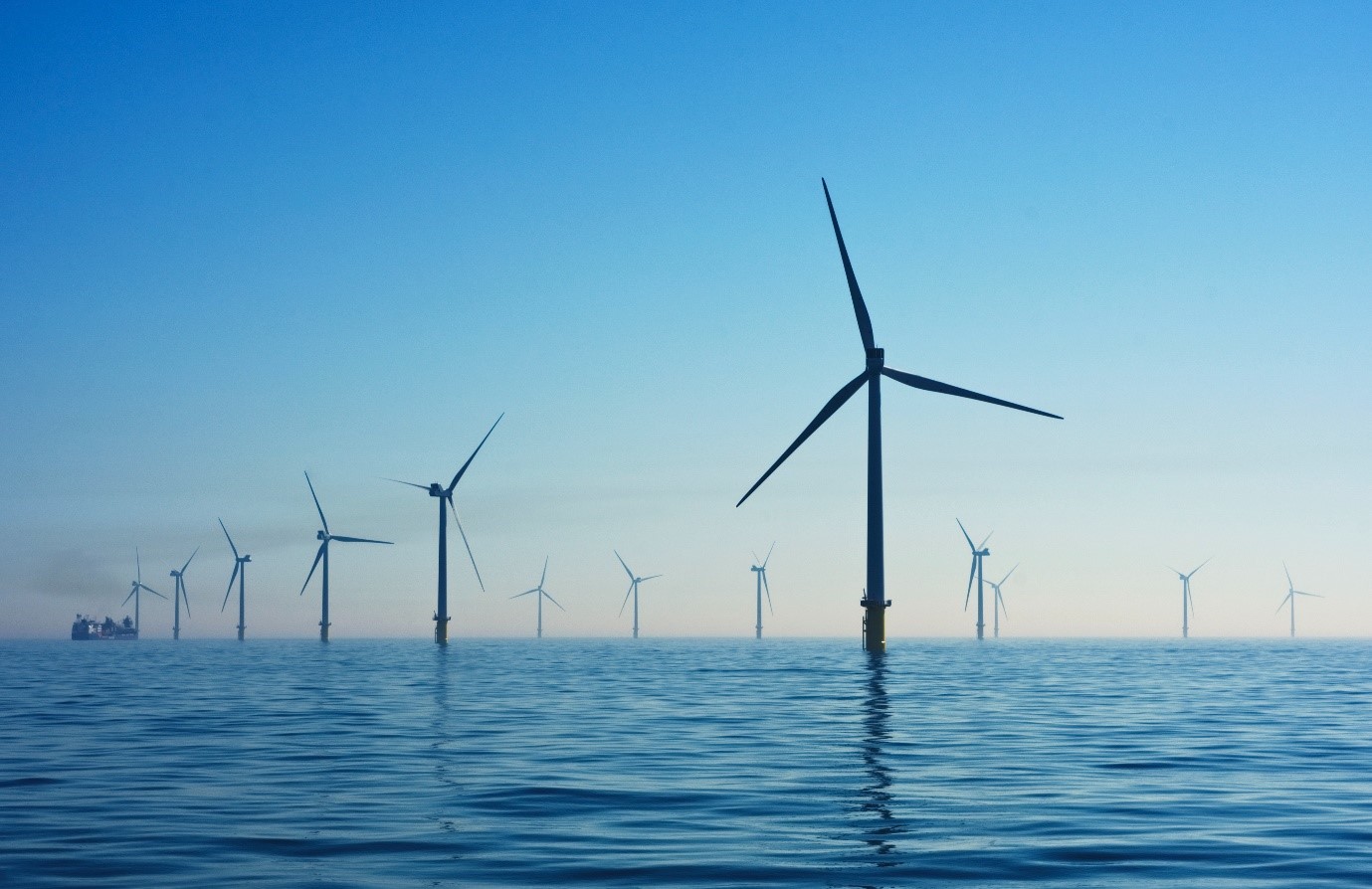
Cefas has been providing advice to UK Government and regulators for over 20 years on the potential impacts of offshore renewable energy developments and activities on the marine environment. The UK Government have international and national obligations on sustainable marine development and energy generation, including a goal for renewable energy production to produce 40GW of offshore wind by 2030 and to reduce the UK's net emissions of greenhouse gases by 100% relative to 1990 levels by 2050. With these obligations, there is a drive for more offshore renewable energy developments including offshore wind (fixed and floating turbines), wave and tidal (stream and range), technologies. Cefas provide a number of functions within the offshore renewable energy regulatory process.
Technical and impartial scientific advice support for sustainable offshore renewable energy development.
The Science for Sustainable Marine Management Team, along with others, within Cefas provides advice direct to English and Welsh regulators and policymakers (including Defra and OSPAR) on the potential impacts of specific developments. This considers the evidence and assessments (Environmental Statements and technical reports) used to support the development applications for development and advises on whether the development will have significant impacts or will require measures to reduce environmental impacts to an acceptable level. For example, only allowing construction in certain months to protect breeding seasons of fish species. Cefas are also engaged in a number of scientific fora investigating the effects of offshore renewable energy, e.g. ICES Working Groups.
Cefas also have several colleagues seconded to other organisations including the UK Government’s Department for Environment, Food and Rural Affairs (Defra), providing strategic advice at a UK level and feeding directly into policy. Our technical knowledge on marine legislation, the regulatory and consenting processes, and marine engineering, along with our extensive scientific experience and understanding of marine species and habitats, make us well placed to brief ministers, policy makers, regulators and the public and identify strategic knowledge and evidence gaps.
In addition to the above, Cefas also work directly with developers to provide impartial advice and carry out evidence based research and development.
Related to this article
Case studies
People
Further Reading


Working for a sustainable blue future
Our Science

